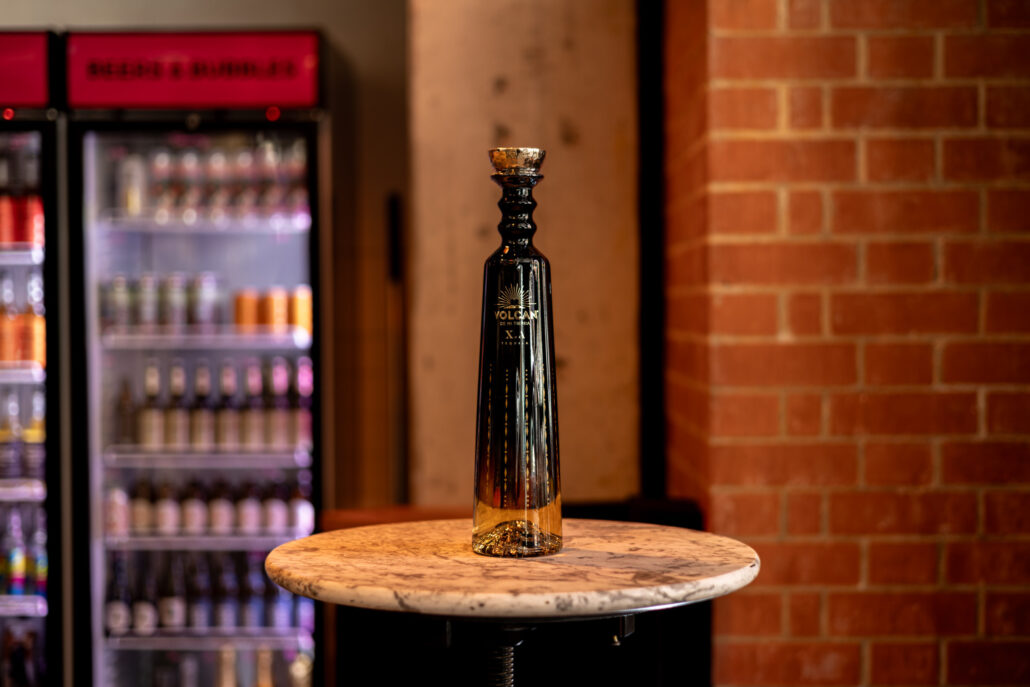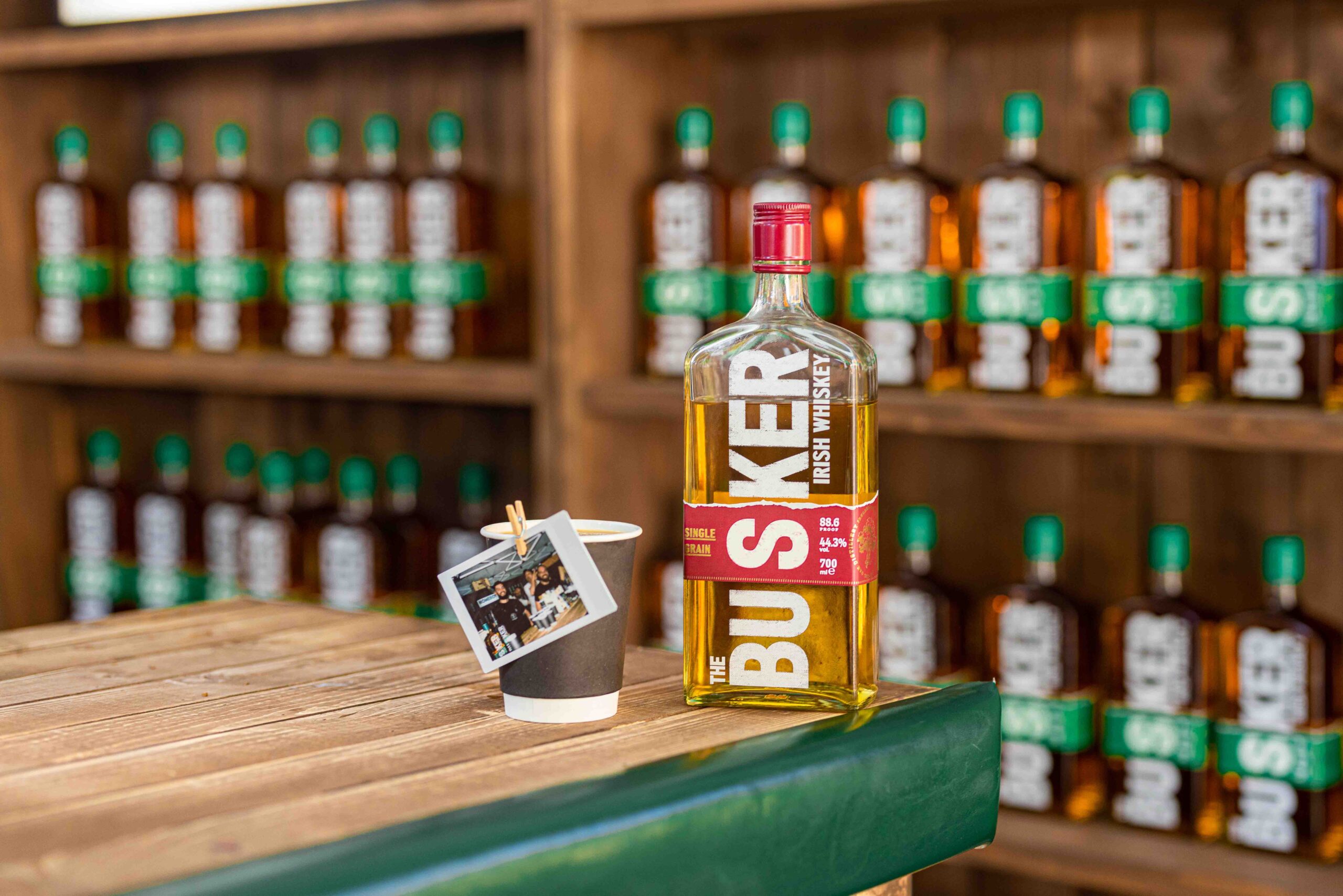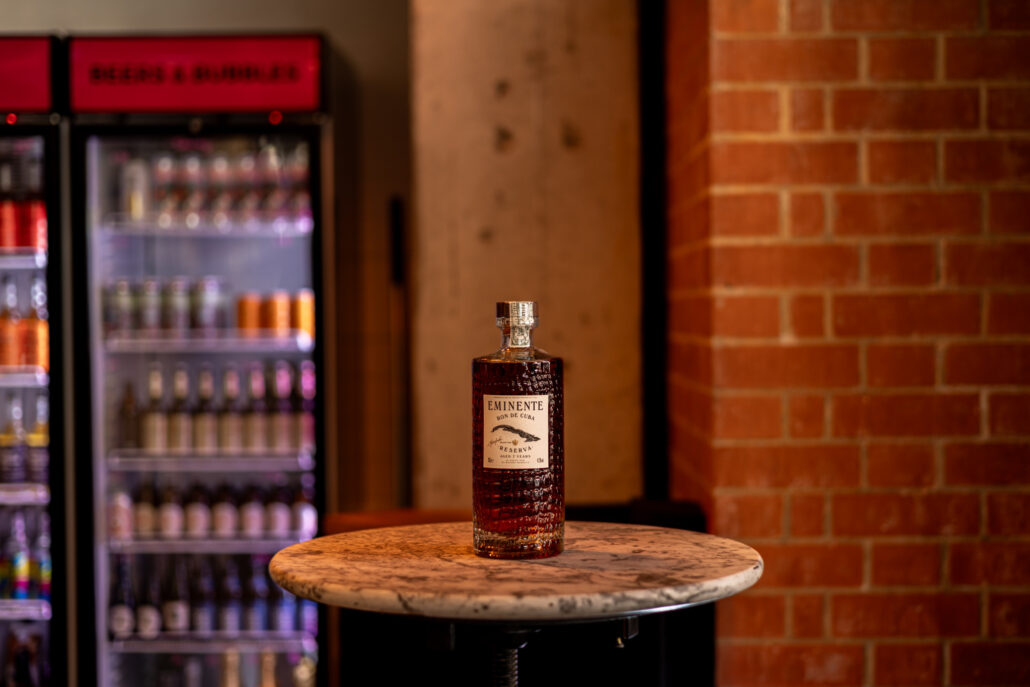Vermouth, Bitters, Liqueurs, Tinctures, Infusions

The word vermouth is derived from wermut, High German for ‘wormwood’ (a Artemisia genus plant, 200plants of the daisy family).
Tequila

Historically, agave based spirits were called vinos de mezcal. The primary distinction between Mezcal and Tequila is the species of agave used, the location of the agave fields and the process by which the agave is harvested and roasted. Tequila producers steam or roast the pinas to convert the starches to sugar. Mezcal producers roast their pinas underground in stone pits which gives the spirit an earthy and smokey quality.
Whiskey

Straight Whiskey must, by US law, be comprised of a minimum of 51% of one grain, it must be in new, charred wood barrels for at least two years, and cannot be distilled higher than 160 proof. (Exceptions are corn whiskey, which does not have to be aged.) If the whiskey has not been aged for a minimum of 4 years in a barrel, no age may be stated on the label.
Vodka

Vodka gained its popularity from 2 markets; the central/eastern European market, and the northern/Scandinavian market. Traditionally vodka is drunk chilled and neat, and accompanied food.
Rum

The history of rum follows sugarcane’s momentous journey from Asia to Africa and India to Spain. Seventeenth century French, English, Spanish and Portuguese settlers in the New World brought unique distilling traditions to the colonies, where settlers cultivated the sugarcane and made rum from pressing juice of sugar cane and molasses, a bi-product of sugar refining. The character of rum is based on many factors, including the type of sugarcane or molasses, the yeast, fermentation time, the degree of rectification, type of still used and time spent aging in wooden barrels and the climate of the area it is being aged in.
Gin

Saying all gin is flavoured vodka is a massive understatement but thinking of it that way allows us better grasp of both spirits. The name Gin is most commonly derived from the Dutch Jenever, although the French genievre and the Italian ginepro also predated the modern gin.

